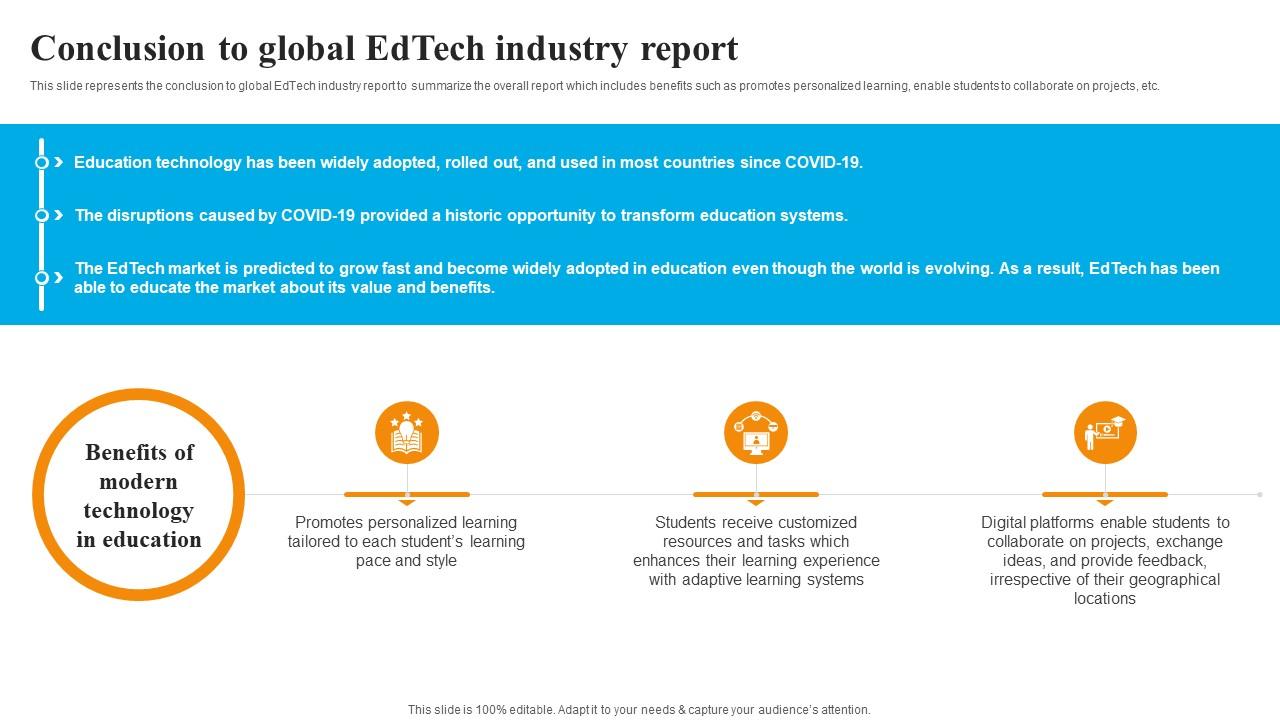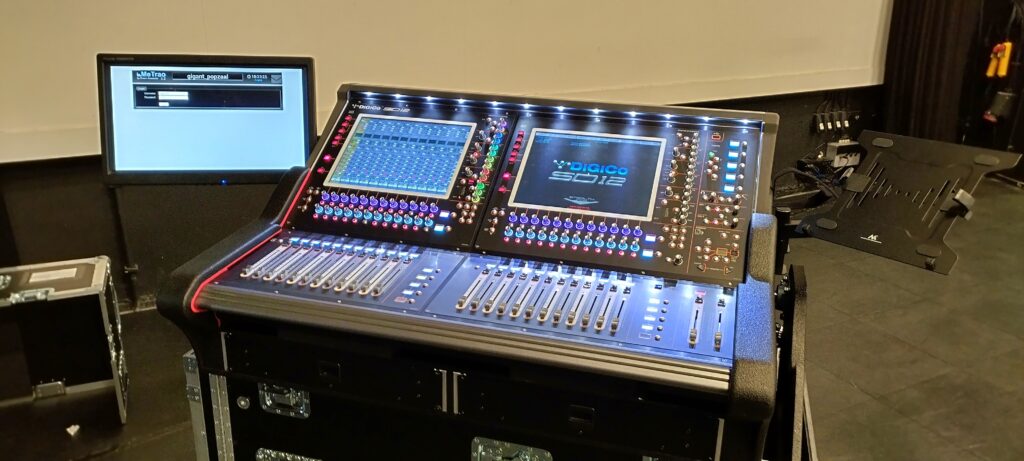
The Future of Language Models: How METRAG is Revolutionizing Knowledge-Intensive Tasks
The rapid development of large language models (LLMs) has transformed the artificial intelligence (AI) landscape. These models have demonstrated exceptional capabilities in understanding and generating human language, impacting various areas such as natural language processing, machine translation, and automated content creation.
However, one of the major challenges facing LLMs is their performance in knowledge-intensive tasks. These tasks require models to access and utilize up-to-date and accurate information, which current models struggle with due to outdated knowledge and hallucinations. These limitations significantly hinder their application in scenarios where precise and timely information is crucial, such as medical diagnosis, legal advice, and detailed technical support.
Existing research includes various frameworks and models for enhancing LLMs in knowledge-intensive tasks. Retrieval-Augmented Generation (RAG) techniques are prominent, relying on similarity metrics to retrieve relevant documents, which are then used to augment the model’s responses. Notable models include Self-RAG, RECOMP, and traditional RAG approaches. These methods improve LLMs’ performance by integrating external information but often face limitations in capturing document utility and handling large document sets effectively.
A novel solution to improve the effectiveness of retrieval-augmented generation.
Researchers from the Ant Group have proposed a novel solution to improve the effectiveness of retrieval-augmented generation. They introduced METRAG, a framework that enhances RAG by integrating multi-layered thoughts. This approach aims to move beyond the conventional similarity-based retrieval methods by incorporating utility and compactness-oriented thoughts, thus improving LLMs’ overall performance and reliability in handling knowledge-intensive tasks.
The METRAG framework involves several innovative components. Initially, the framework introduces a small-scale utility model that leverages an LLM’s supervision to evaluate retrieved documents’ utility. This model combines similarity and utility-oriented thoughts, providing a more nuanced and effective retrieval process. Furthermore, the framework includes a task-adaptive summarizer, which condenses the retrieved documents into a more compact and relevant form. This summarization process ensures that only the most pertinent information is retained, thus reducing the cognitive load on the LLM and improving its performance.
 A more efficient way to process retrieved documents.
A more efficient way to process retrieved documents.
In-depth, the utility model uses a traditional similarity-based approach to retrieve documents relevant to the input query. However, instead of relying solely on similarity metrics, the utility model also considers the usefulness of these documents in generating accurate and informative responses. This dual consideration allows the model to prioritize documents that are both similar in content and highly informative. The task-adaptive summarizer then processes these documents to extract the most relevant information, presenting it concisely and coherently. This multi-layered approach significantly enhances the model’s ability to handle complex queries and generate accurate responses.
 Compelling results demonstrating the effectiveness of METRAG.
Compelling results demonstrating the effectiveness of METRAG.
The performance of the METRAG framework was rigorously evaluated through extensive experiments on various knowledge-intensive tasks. The results were compelling, demonstrating that METRAG surpassed existing RAG methods, particularly in scenarios necessitating detailed and accurate information retrieval. For instance, METRAG exhibited a significant enhancement in the precision and relevance of the generated responses, with metrics indicating a substantial reduction in hallucinations and outdated information.
In conclusion, the METRAG framework presents a practical solution to the limitations of current retrieval-augmented generation methods. By integrating multi-layered thoughts, including utility and compactness-oriented considerations, this framework effectively tackles the challenges of outdated information and hallucinations in LLMs. The innovative approach introduced by researchers from Ant Group significantly enhances the capability of LLMs to perform knowledge-intensive tasks, making them more reliable and effective tools in various applications.
“The METRAG framework is a game-changer for LLMs, enabling them to tackle complex knowledge-intensive tasks with unprecedented accuracy and reliability.” - [Author’s Name]















